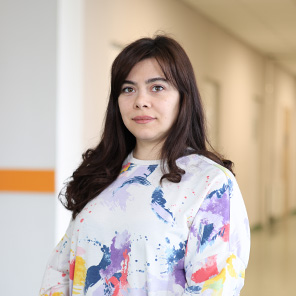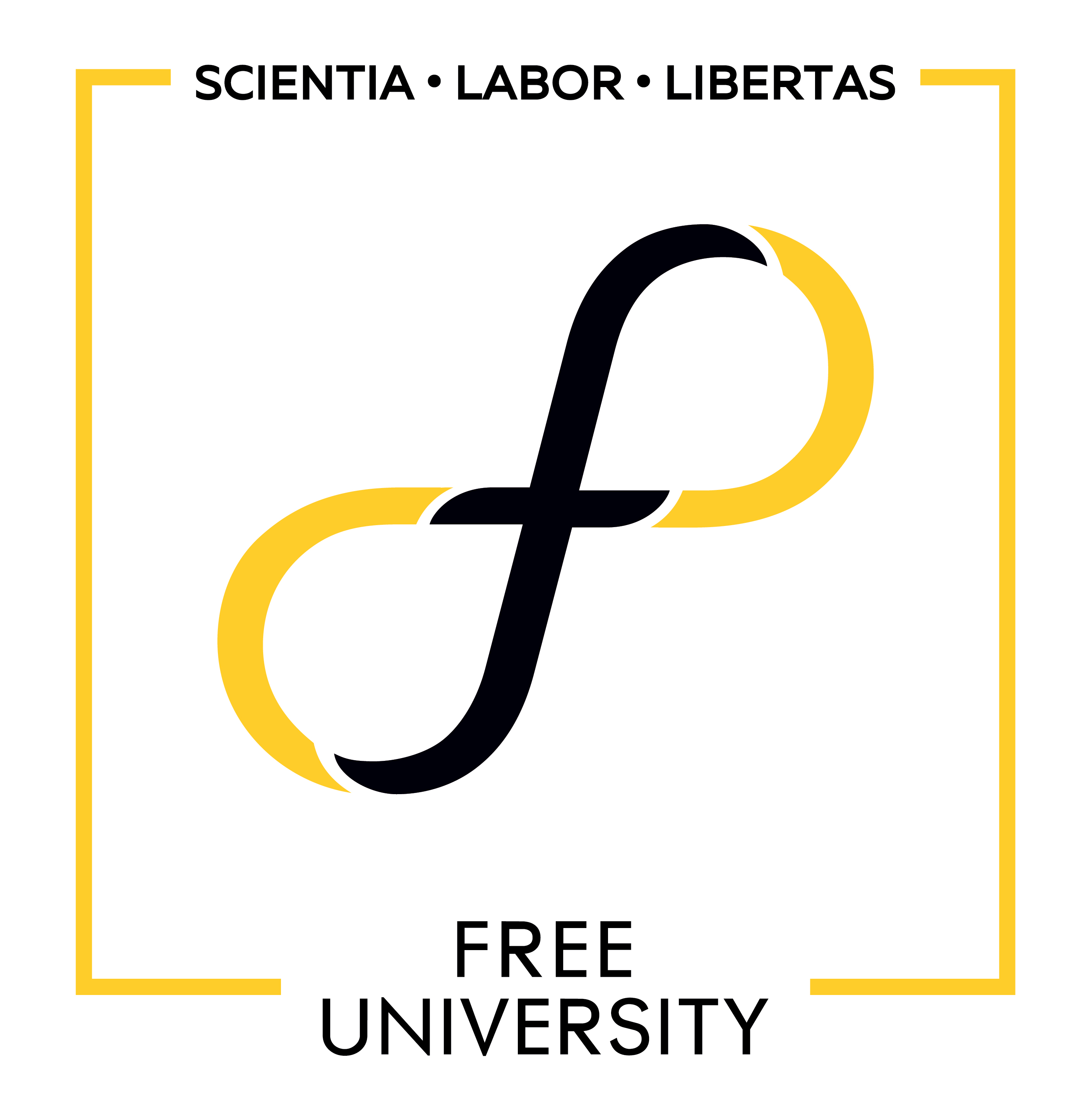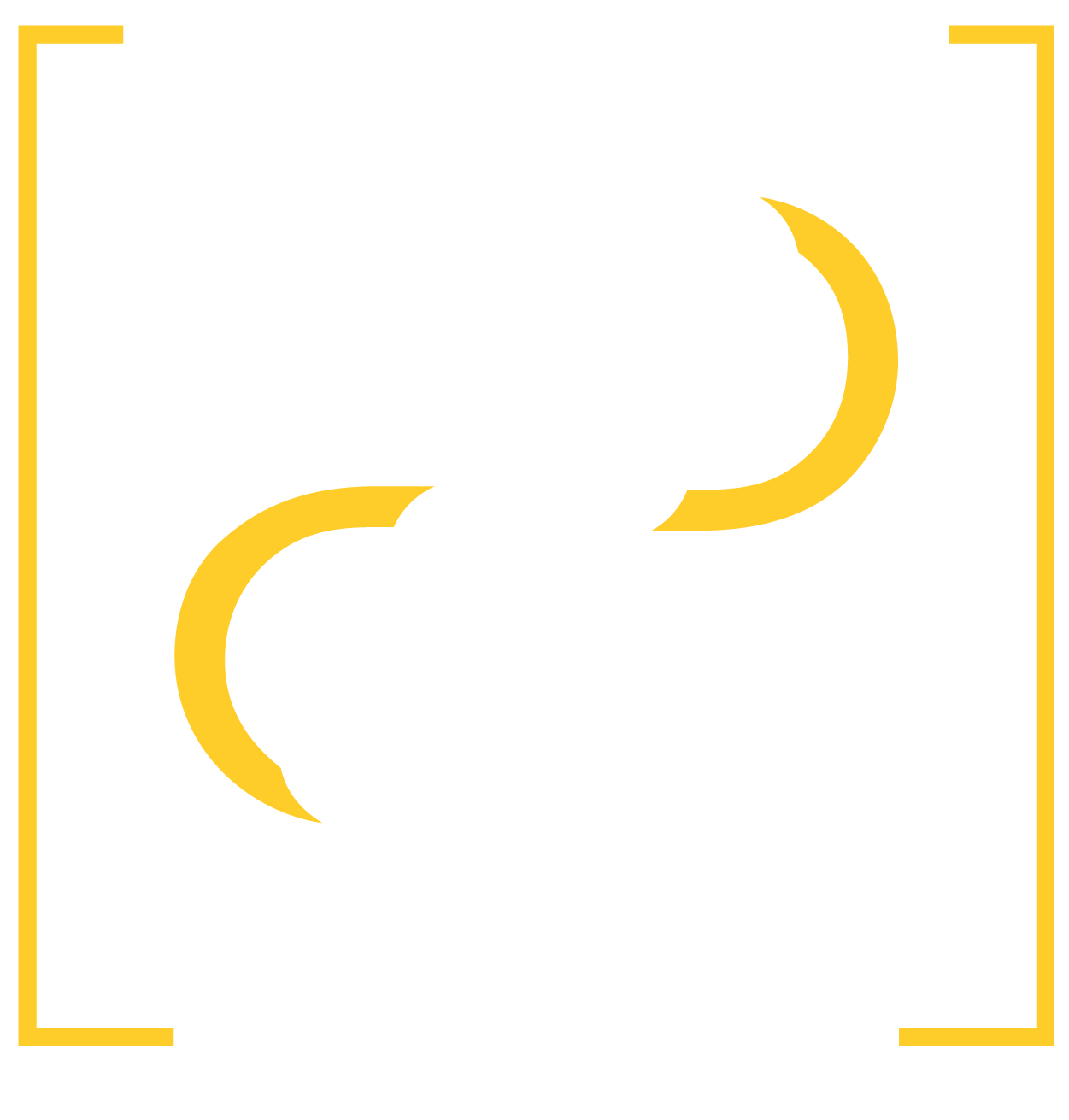SCHOOL OF MATHEMATICS, COMPUTER SCIENCE AND ENGINEERING
Bachelor’s Program in Electronic and Computer Engineering - Description
The objective of the Bachelor’s Program in Electronic and Computer Engineering is to provide graduates with a comprehensive understanding of mathematics, physics, electrical engineering, programming and laboratory practices. The program aims to nurture competitive and skilled professionals for relevant job markets, both domestically and internationally. Additionally, the goal of the program is to enable graduates to pursue further studies at the next level of higher education.
Students of the program are encouraged to actively participate in scientific research within the field of engineering. Many students have contributed to numerous scientific papers published in international refereed journals and have also presented their work at international symposia and conferences. High-achieving students often become involved in international engineering projects, further enriching their academic experience.
Upon successful completion of the 4-year program, the graduate is awarded the qualification - Bachelor of Engineering.
CURRICULUM
The curriculum for the Bachelor’s Program in Electronic and Computer Engineering consists of 240 credits, allocated across the following modules:
- University General Education - each student enrolled in the university's bachelor's programs, in addition to specialized subjects, also takes general subjects, contributing to the elevation of general education and the expansion of their field of interests.
- Foundational Education in the Field of Study - this module covers essential foundational courses for studying the field of engineering, for example: Differential Equations, Mechanics and Thermodynamics, Electricity and Magnetism, Optics, Discrete Mathematics, Linear Algebra, Programming Methodology, Programming Abstraction, Probability and Statistics, Calculus.
- Core Education in the Field of Study - the module consists of fundamental theoretical and laboratory courses necessary for the study of electronic and computer engineering. This module also incorporates junior and senior projects, wherein students engage in theoretical studies and practical projects.
- Elective Courses - students have the flexibility to choose additional courses based on their interests. They also have the option to pursue an additional 15 credits of courses at no extra cost.
Code:
0360103 Copied!
Copied!
Cohort Size 32
| National exam | Weight | Student Places | Minimum Score |
|---|---|---|---|
| ქართული ენა და ლიტერატურა | 3 | - | - |
| უცხო ენა | 2 | - | - |
| Optional Exam | |||
| ან მათემატიკა | 7 | 28 | - |
| ან ფიზიკა | 7 | 4 | 90% |
Subjects
ქართული ენა და ლიტერატურა
Subject Weight
3Cohort Sizes
-Minimum Score
-უცხო ენა
Subject Weight
2Cohort Sizes
-Minimum Score
-ან მათემატიკა
Subject Weight
7Cohort Sizes
28Minimum Score
-ან ფიზიკა
Subject Weight
7Cohort Sizes
4Minimum Score
90%About the School of Mathematics, Computer Science and Engineering
The Free University of Tbilisi School of Mathematics, Computer Science and Engineering - MACS[E] includes the following accredited programs:
- Bachelor's Program in Computer Science and Mathematics
- Bachelor’s Program in Electronic and Computer Engineering
- Bachelor’s Program in Building Systems Engineering
Since its inception, the Bachelor's Program in Computer Science and Mathematics has consistently ranked first among all undergraduate programs in Georgia based on the average scores obtained by entrants in the Unified National Exams.
In the same ranking, the Bachelor's Program in Electrical and Computer Engineering holds the second position among all undergraduate programs.
Within the auspices of such a successful school, in 2020, the Free University of Tbilisi welcomed the inaugural cohort of students for the Bachelor's Program in Building Systems Engineering.
Most participants of various national and/or international olympiads choose MACS[E] for their undergraduate studies.
The high quality of education provided by the school and the competitive advantages of its graduates are evidenced by their success stories.
Graduates are employed in giant and global companies such as: Facebook, Instagram, Apple, Google, Microsoft, Skype, Amazon, eBay and others. They successfully navigate the challenging and rigorous stages of interviews and testing at international companies.

21 January 2026
ნიკა ცაგარელის ნაშრომი გამოქვეყნდება ჟურნალში Advanced Optical Materials

21 November 2025
გამოვლინდა მაქსის ალუმნების სტიპენდიის გამარჯვებული - გვანცა ვახტანგიშვილი
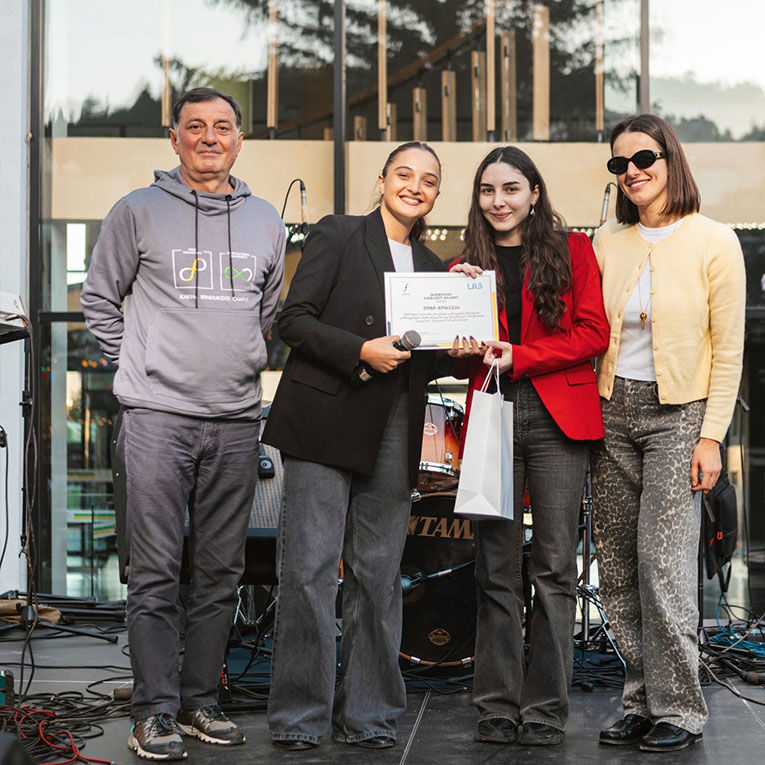
23 October 2025
LAB Technologies-ის ერთწლიანი სასწავლო სტიპენდია

24 September 2025
ნიკოლოზ ციმაკურიძე Google-ის გუნდს შეუერთდა Software Engineer-ის პოზიციაზე
Dean
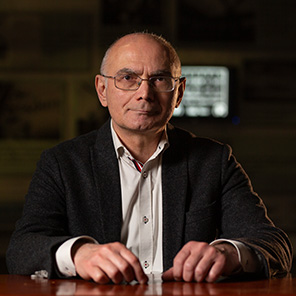
Associated Dean
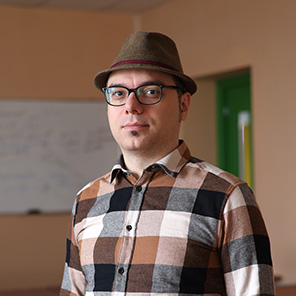
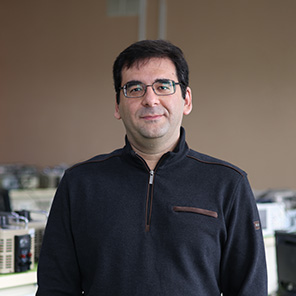
Head of the program
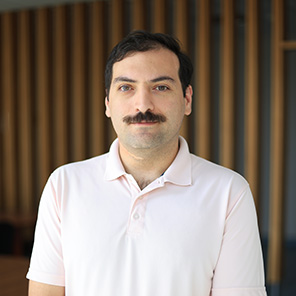
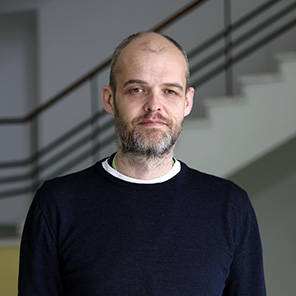
Coordinator
